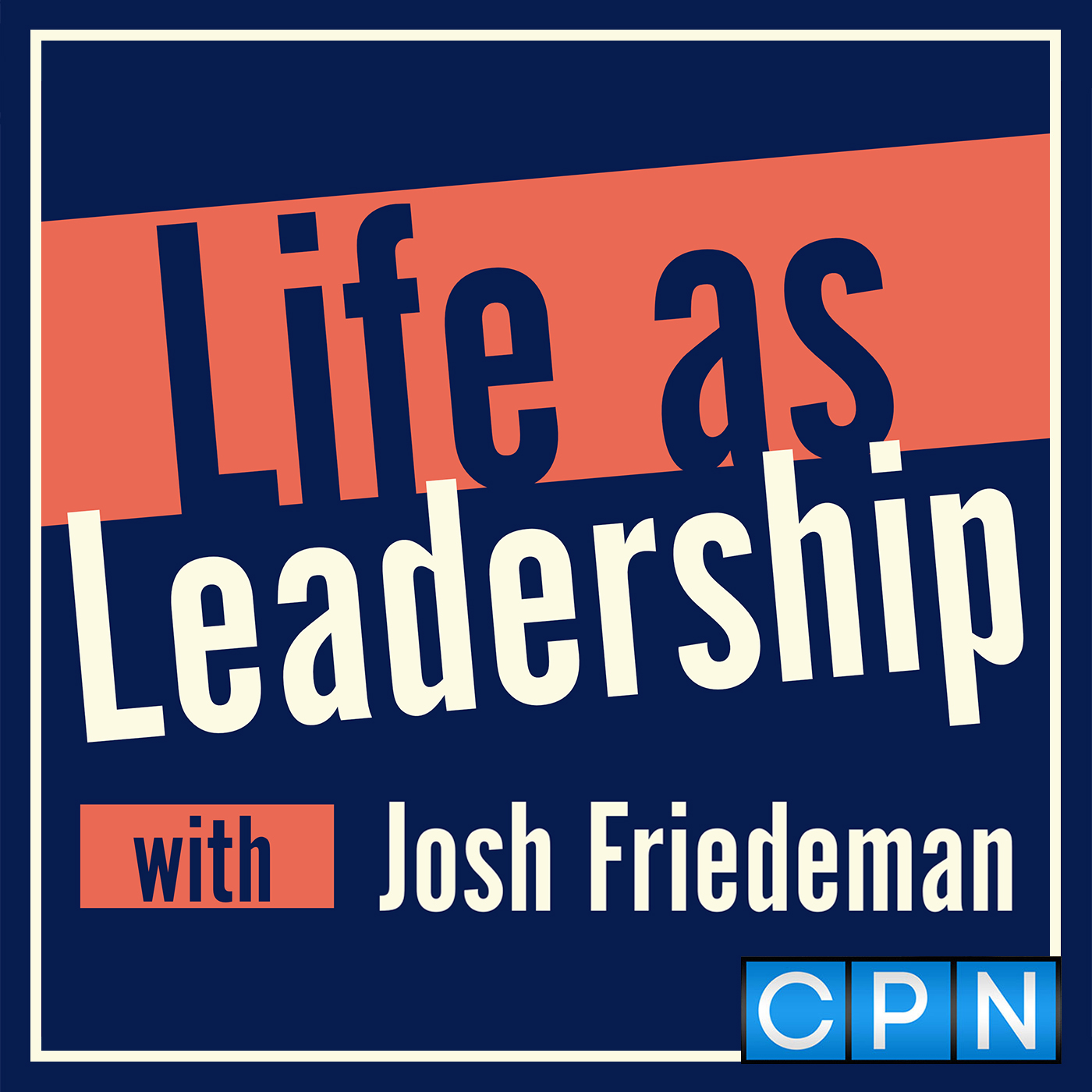Lessons from the Masters of Comedy with Peter McGraw

b"Dr. Peter McGraw is a behavioral economist and global expert in the scientific study of humor. He directs The Humor Research Lab (HuRL) and hosts the podcast I\\u2019M NOT JOKING. He is also the co-author of The Humor Code: A Global Search for What Makes Things Funny and the author of his recent book Shtick to Business: What the Masters of Comedy can Teach You about Breaking Rules, Being Fearless, and Building a Serious Career. He\\u2019s a sought-after speaker and professor who teaches MBA courses for the University of Colorado Boulder, University of California San Diego, and London Business School.\\n\\nFind Peter's book https://www.petermcgraw.org/books/shtick-to-business/ (here).\\nSign up for his April 8 webinar https://www.colorado.edu/business/alumni/get-involved/career-webinars (here).\\n\\nLEADERSHIP INSIGHTS\\n\\n- Do not necessarily be satisfied with your first instinct.\\n- Don\\u2019t focus on being funny; think funny (i.e. like the Masters of Comedy).\\n- The status quo should be avoided at all costs. Business rewards solving problems in original ways.\\n- One way to shirk the status quo is finding \\u201cbenign violations\\u201d\\u2014things that others would not necessarily think of or do but will still find acceptable or will welcome.\\n- Leaders often try to act like they know everything, but people are attracted to authenticity.\\n- Think in reverse: When people are going one way, try to find a way to go in the opposite direction.\\n- Constraints help people think more creatively\\u2014sometimes you can force yourself into creativity.\\n\\nQUESTIONS TO INSPIRE US TO ACTION\\n\\n\\u2013 What is some lesson, saying, or experience that continues to influence your leadership to this day? From the Masters of Comedy: Success comes from hacking a system and then working really hard on it.\\n- Use three descriptors to finish this sentence: \\u201cA leader is\\u2026\\u201d A good listener, generous, and one who takes risk.\\n- What is a question that leaders should be asking either themselves or others? Who do I need help from?\\n- What book would you recommend to leaders? Either Antifragile or The Black Swan by Nassim Nicholas Taleb\\n- If you could get every listener to start doing something THIS week to help them be a better leader, what would it be? Start journaling.\\n- As a general life principle, is it better to ask \\u201cwhy?\\u201d or \\u201cwhy not?\\u201d Ask \\u201cwhy?\\u201d when crafting jokes but \\u201cwhy not?\\u201d when living life. The world benefits from people\\u2019s willingness to take risks and make mistakes. But when taking risks, take small risks\\u2014limit your downside and create scenarios that have unlimited upsides.\\n\\nWebsite:\\nhttps://www.petermcgraw.org\\n\\nContact:\\npeter.mcgraw@colorado.edu\\n\\nFind Peter on social media:\\nTwitter: https://twitter.com/PeterMcGraw (@PeterMcGraw)\\nInstagram: https://www.instagram.com/petermcgraw/ (@PeterMcGraw)\\nFacebook: https://www.facebook.com/petermcgraw (@PeterMcGraw)\\nLinkedIn: https://www.linkedin.com/in/petermcgraw/ (in/PeterMcGraw)"